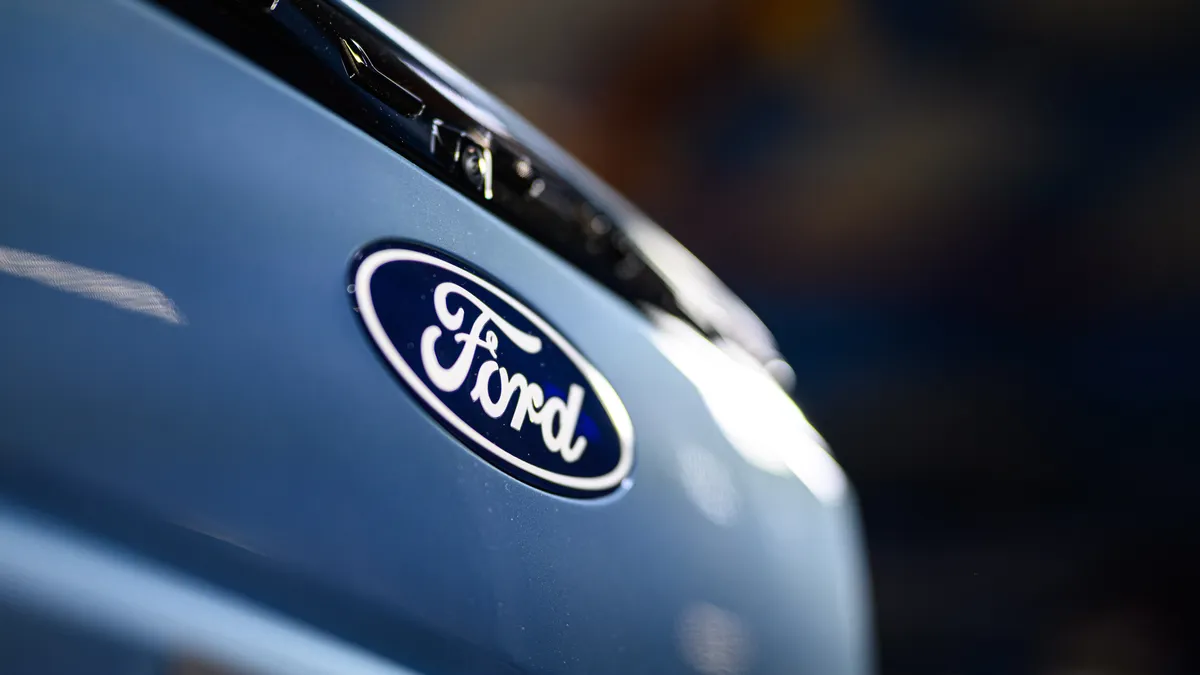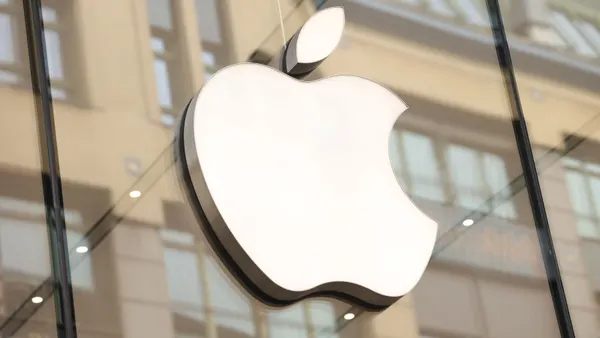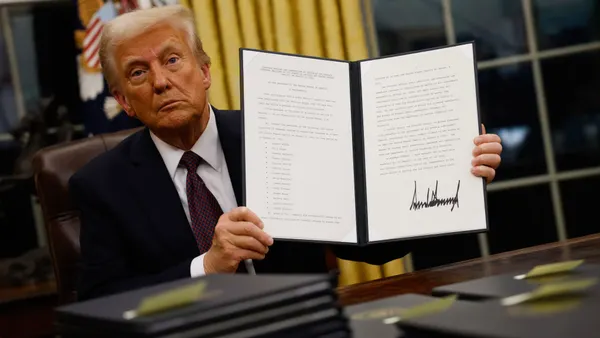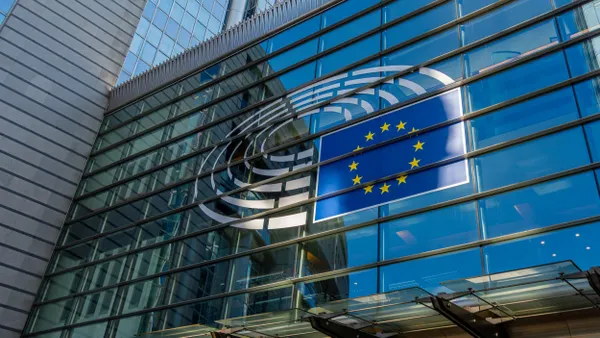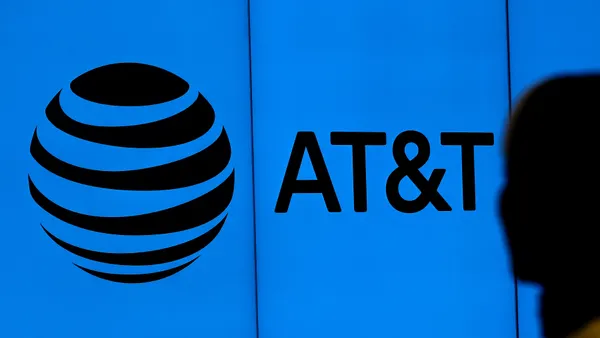Days after Lowe’s sent its employees a memo denouncing its diversity, equity and inclusion initiatives, Ford also sent its workers a statement outlining its current and future talent strategy regarding employee resource groups and diverse hiring. But the tone of the memo leaked on X, formerly known as Twitter, on Aug. 28, is notably different from that of Harley-Davidson, the Brown-Forman Corp. and Lowe’s.
Ford confirmed the authenticity of the memo in an email to HR Dive, ESG Dive’s sister publication.
Conservative activist Robby Starbuck counted this as one of his wins, with some caveats.
The memo highlights ongoing initiatives and strategies already in place at the company:
- The automotive giant does not “utilize hiring quotas or tie compensation to the achievement of specific diversity goals.”
- Without using “quotas,” Ford seeks to “develop a dealer body that reflects the communities they serve.”
- All employee resource groups are “open to all” workers.
- Ford has sought to shift the focus of all employee resource groups to “networking, mentorship, personal and professional development, and community service.”
The letter, signed by Ford CEO Jim Farley, calls the employer “a pioneer in providing opportunities to people around the world of all races, genders and backgrounds.”
Like companies before it in the summer wave of DEI backlash, Ford also stated that it would no longer be participating in the Human Rights Campaign’s Corporate Equality Index — something that the HRC condemned in an Aug. 28 statement.
“Today, Ford Motor Company abandoned its commitment to hundreds of thousands of employees by cowering to internet troll Robby Starbuck, and signaling that inclusion and other core values are no longer a priority in the workplace,” HRC said.
The advocacy group called the talent strategy decisions “shortsighted,” adding that “hastily abandoning efforts that ensure fair, safe, and inclusive work environments is bad for business and leaves Ford’s employees and millions of LGBTQ+-allied consumers behind.”
In general, the Ford memo stated that the company had stopped participating in “external culture surveys” across the board — including “best places to work” lists.
“Our people are our greatest strength, and the diverse experiences, perspectives and talents of our team have enabled Ford to create some of the most iconic vehicles in history and afford millions of people the freedom of mobility,” the memo said.
When asked to comment further, a spokesperson for the company said, “The communication to our global employees speaks for itself. We have nothing further to add.”


